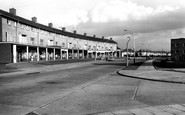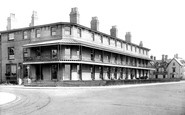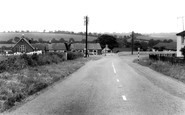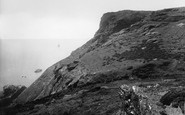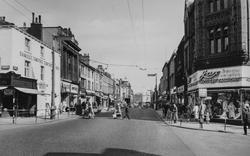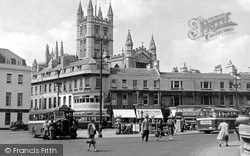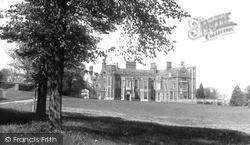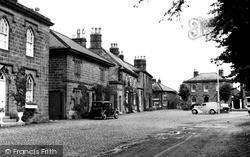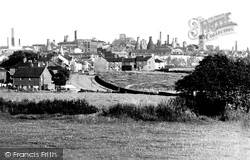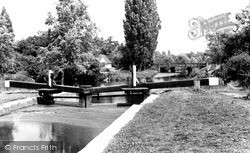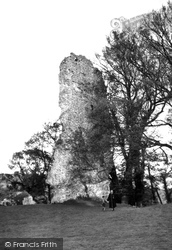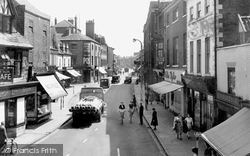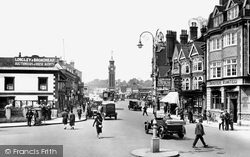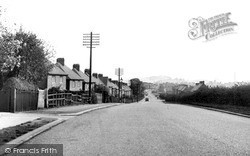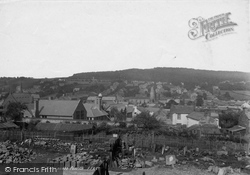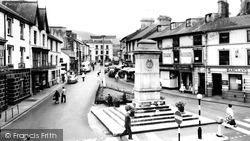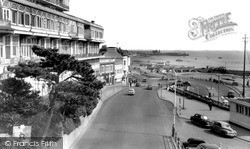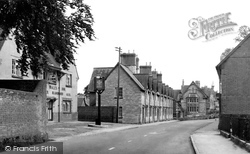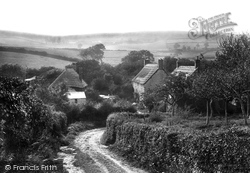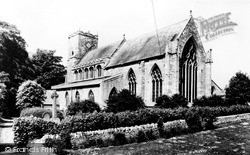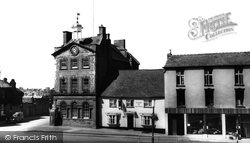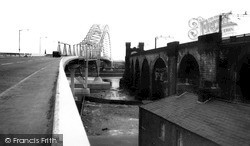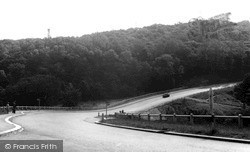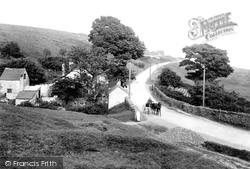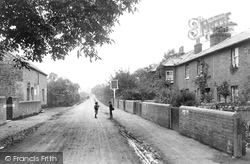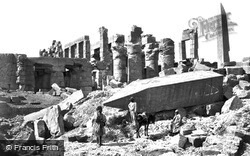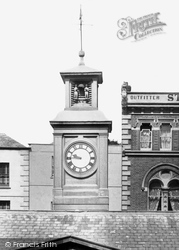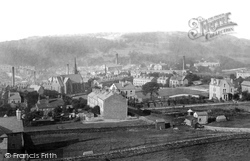Places
36 places found.
Those places high-lighted have photos. All locations may have maps, books and memories.
- Bangor, County Down
- Newcastle, County Down
- Greyabbey, County Down
- Donaghadee, County Down
- Downpatrick, County Down
- Portaferry, County Down
- Dromore, County Down
- Hillsborough, County Down
- Downings, Republic of Ireland
- Killyleagh, County Down
- Ardglass, County Down
- Rostrevor, County Down
- Dundrum, County Down
- Newtownards, County Down
- Warrenpoint, County Down
- Ballygowan, County Down
- Ballywalter, County Down
- Ballyward, County Down
- Bishops Court, County Down
- Boardmills, County Down
- Culcavy, County Down
- Katesbridge, County Down
- Killough, County Down
- Millisle, County Down
- Portavogie, County Down
- Saul, County Down
- Seaforde, County Down
- The Diamond, County Down
- Audleystown, County Down
- Kearney, County Down
- Annaclone, County Down
- Ballyhalbert, County Down
- Ballymartin, County Down
- Clare, County Down
- Conlig, County Down
- Dollingstown, County Down
Photos
856 photos found. Showing results 1,001 to 856.
Maps
459 maps found.
Books
2 books found. Showing results 1,201 to 2.
Memories
8,167 memories found. Showing results 501 to 510.
New Parks Boys,
I remember well the tennis courts . We were a secondary modern and our tennis courts were very secondary. Holes and gravel with a perimeter fence that had so many holes in it that about 20% of the balls sailed through it only to ...Read more
A memory of New Parks in 1967 by
Withycombe Village
In the Second World War my brother and I were evacuated to my grandmother's in Withycombe village, she lived in a cottage opposite the Country Inn. We went to the village school down near the Hollybush Inn. I have fond memories ...Read more
A memory of Exmouth in 1940
Early Years In Hindley
What - no memories of Hindley? I was born in 1935 (nee Pennington) at a house in Liverpool Road, just up from the Strangeways Pub (The Paddock). The area was called Navvies' Lump, and although the address was "Liverpool ...Read more
A memory of Hindley in 1930 by
Romford
I was born in Ilford, I lived in Romford then when I was 5 I when to Scotland, then about four and a half years later I went down back to Cranham, then I went to Romford.
A memory of Clacton-On-Sea in 2000
Monkey
I was born up The Monkey in 1957. I moved from there to George Street in 1966. The name of the street was Dunraven Place. The name of the pub was the Dunraven Hotel. There were 8 houses up The Monkey when I lived there. My mother told me ...Read more
A memory of Caerau in 1957 by
Binbrook, The Holiday And Life.
Onwards and upwards through the years, I had an aunty and grandmother who lived there. Ending up at No2 Mount pleasant after living in Low Lane. Lilly and Bill Stone, parents of my mother Jaqueline Stone (now ...Read more
A memory of Binbrook in 1956 by
The Shops And Doctors At Sandiway 1956
We first arrived in Sandiway in 1956. I remember getting off the bus at the top of Mere Lane and walking down towards our new home in Cherry Lane. The house was a 'tied house' belonging to the ICI and our ...Read more
A memory of Sandiway in 1956 by
My Soldier
Bolberry Down, brings back such lovely memories to me of the days of National Service. My boyfriend and I spent some of his leave sitting there and dreaming of his demob. We would go there and do a lot of walking, the cliffs are so ...Read more
A memory of Bolberry in 1953 by
1950s
I was born in the war years in the area where the Workmen’s Club was later built and later moved to Hall Lane Est ( 28) as the first intake. I remember well the coal loader at the end of Railway Terrace and the great times out and about around ...Read more
A memory of Crook by
Eustace Street School
I was born in Chadderton in 1953, in my grandfather's house on Bamford Street. I attended Eustace Street School and the memories of my time there have shaped my life. I simply adored school and I am now a Special Needs ...Read more
A memory of Chadderton in 1964 by
Captions
2,242 captions found. Showing results 1,201 to 1,224.
The bustling town of Huddersfield, like so many other Pennine towns, was founded on the wealth won from the 19th-century explosion in the worsted and woollen industries.
The balustraded enclosure on the traffic island surrounds steps leading down to The Island Club and the Parade Gardens, formerly known as St James's Triangle.
This beautiful Tudor mansion was built at the end of the reign of Henry VIII by the successful lawyer Sir John Hynde, partly from materials salvaged when they pulled down the church of St Etheldreda in
It is dominated by its cobbled Market Square, which leads down to the castle, home to the Ingilby family for more than 600 years.
The last bottle kiln to be used commercially closed down in 1967.
The last mill burned down in 1905, though at one point there had been two mills here - one paper, one wheat. Coal, timber, lime and dung were the other major cargoes passing through.
Bramber was once the main town of one of the Sussex Rapes, or Anglo-Saxon administrative areas, and the seat of William de Braose's Norman castle guarding the Adur gap through the Downs.
As we look south down High Street we can see that many of the buildings survive today, including the dormered building on the far left.
On race days this intersection was crowded with pedestrians and traffic making their way to the racecourse on Epsom Downs.
This picture looks down the village of Wales towards Kiveton Park, both pit villages which boomed from 1867 during the heyday of the South Yorkshire coalfield.
From the work-yard of George Dixon, builder and mason, we look down on a surviving Penrith institution, Brunswick Road Junior School.
The Bute Arms (further down the street on the left) gets its name from the Marquises of Bute, great landowners in South Wales and important nationally.
Pier Hill leads down to the sea front esplanade, with the Palace Hotel on the left.
Though it now looks like a typical early 20th- century roadhouse, the Prince of Wales has much older origins: the earlier thatched hostelry was burnt down in 1930.
The former post office is now called Journey's End, taking its name from the best known work of the playwright Robert Cedric Sherriff (1896-1975); he retired here to Downhouse Farm below Eype Down (background
The tower of the church of St Peter was rebuilt in the 18th century after the previous one fell down.
The cottages down Abbey Street to the left of the memorial have gone, and the United Counties Bus Company now have a garage there.
Compared to the new road bridge (left) the railway bridge on the right seems so clumsy – its foundations had to be built under the water, and go down some 45 feet below the low-water mark
The lane down to Skinningrove village runs off at the bottom left-hand corner. On the skyline we can just see the overhead tramway carrying buckets of ironstone from one of the mines.
Down below at the foot of the hill, the wind blowing off the summit on a cold day can make the village of Clee seem bleak.
Farther down the A330 is Stud Green, a hamlet of Holyport. Its character is now largely suburban, following much rebuilding. This view looks west.
The Late 19th to the Early 20th Century Forget six counties overhung with smoke Forget the snorting steam and piston stroke, Forget the spreading of the hideous town; Think rather of the pack-horse on
In 1905 it became the duty of the hotel boots boy to pull and tie down a cord which silenced the quarterjacks during the hours of darkness.
A century after his visit, the town had been transformed from a quiet village to a vibrant centre for the textile industry.
Places (198)
Photos (856)
Memories (8167)
Books (2)
Maps (459)

